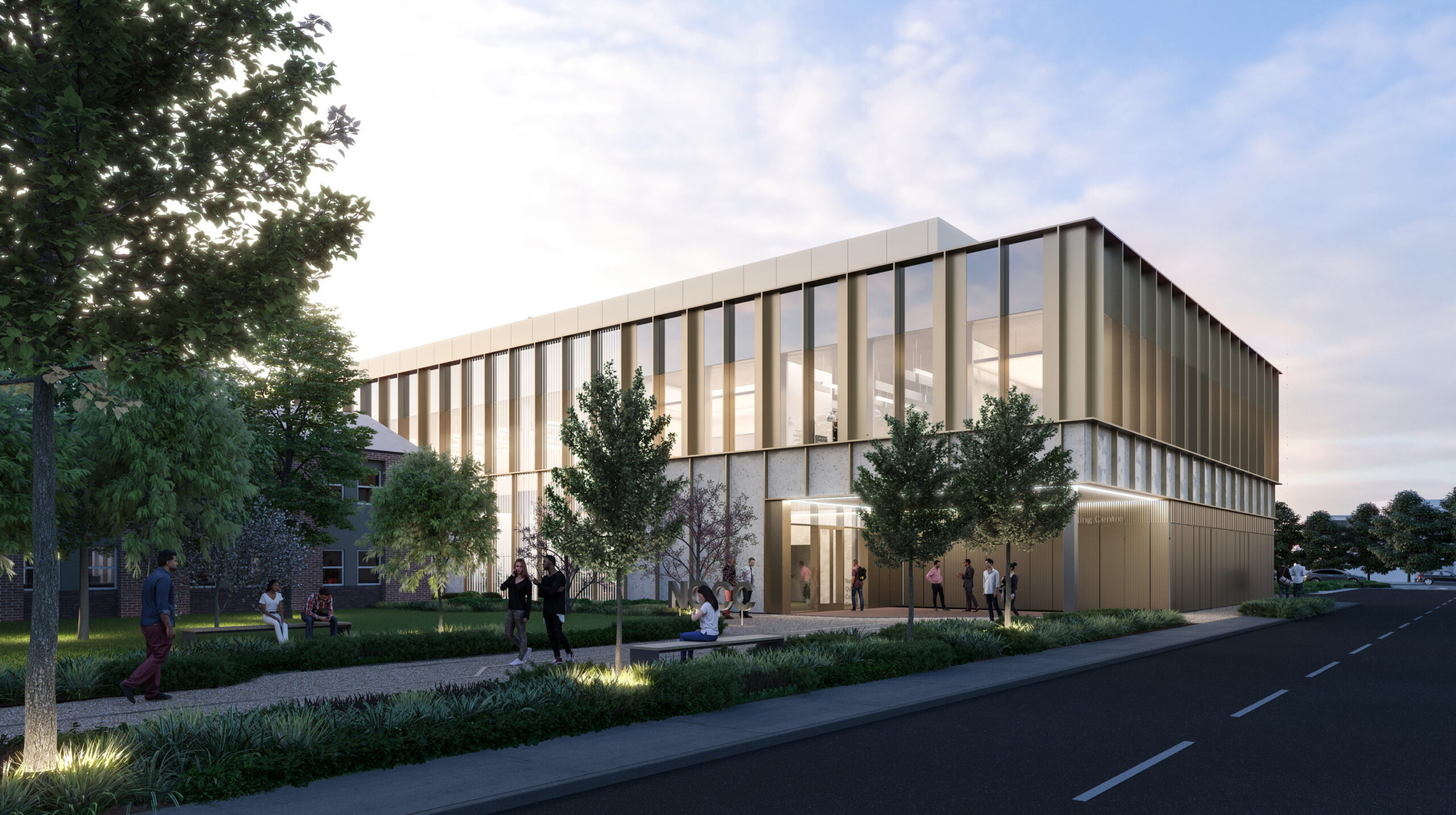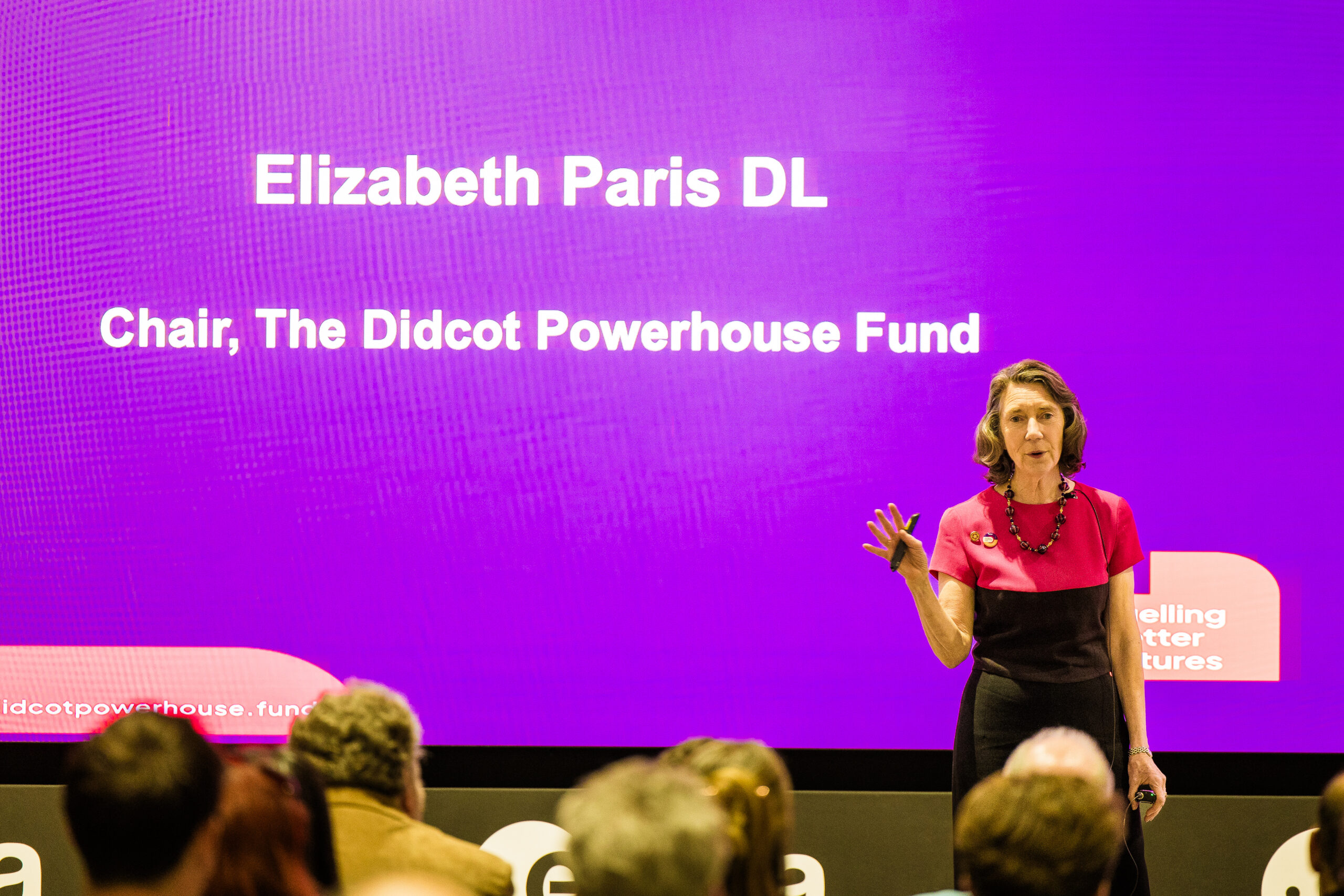
Unlocking the potential of quantum: NQCC delivers £30 million investment
The investment was announced today by Science Minister Andrew Griffith, and forms part of a total investment of £45 million which will help seize this technology’s potential to overhaul healthcare, energy, transport.
The £30 million investment has been awarded to seven quantum hardware companies to allow them to establish quantum testbeds at the NQCC. The aim is to showcase, demonstrate, and evaluate the capabilities of different world-leading hardware solutions
The funding has been provided by the UKRI Technology Missions Fund and the UK’s National Quantum Computing Centre (NQCC).
Science Minister, Andrew Griffith MP, said:
“As we steer towards an economy benefitting from quantum, this further £45 million in funding underscores our commitment to support bright UK innovators who are pushing boundaries and seizing the potential of this technology to transform our public services.
“Cutting-edge work on a quantum enabled brain scanner, which will be a beacon of hope for those battling neurological conditions, is just one example.
The UK is already one global leader in quantum and to maintain that position this government will continue to invest in this transformational technology propelling the UK into a new era of technological prowess and economic growth.”
Over the next ten years, quantum technologies are expected to revolutionise many aspects of life in the UK and bring enormous benefits such as helping to grow our economy and create well-paid jobs across the country
The winning companies are:
- AEGIQ, Sheffield
- Cold Quanta UK, Warwick
- ORCA Computing, London
- Oxford Ionics, Oxford
- Quantum Motion, London
- QuEra Computing, Exeter
- Rigetti UK, London
Dr Michael Cuthbert, Director of the National Quantum Computing Centre, said:
“My congratulations to the lead providers of our seven awarded quantum testbeds. Over the coming 15 months these prototype quantum computing platforms will be deployed into the newly established NQCC facility providing us with a valuable insight into the maturity, characteristics and capabilities available across a range of hardware architectures.
“This next phase of the NQCC will be one of huge promise establishing a unique state of the art facility with on-premises access to a range of qubit modalities at scale.”
The successful innovators will undertake development, build, and commissioning activities, to deploy operationally ready quantum computing testbeds at the NQCC.
The seven projects reflect the range of qubit architectures that could offer a pathway to fault-tolerant quantum computing. Rigetti, for example, will build a testbed with 24 superconducting qubits, while Oxford Ionics will demonstrate a trapped-ion platform based on technology originally developed at the University of Oxford. Two of the projects, awarded to QuEra and Infleqtion (formerly ColdQuanta), will assemble hardware systems based on neutral atoms, while ORCA Computing and Aegiq will take different approaches to photonics-based quantum computing. The seventh project, meanwhile, will see Quantum Motion create a demonstration platform that exploits spin qubits within a silicon-chip architecture.
You can read more about the government funding and NQCC’s role here https://www.nqcc.ac.uk/updates/science-minister-andrew-griffith-announces-the-results-of-the-30m-quantum-computing-testbed-competition/
Latest news
-

Harwell Campus Welcomes Interest in an Innovative Shared Clean Room Facility
Harwell Science and Innovation Campus is inviting expressions of interest from science and technology organisations for access to a potential state-of-the-art clean room facility. This facility would be developed to offer access to high-standard environments that enable innovation and advanced research without the need for substantial infrastructure investments. Designed to meet ISO 6-8 standards, the…
-

The Moon Lands at Harwell
The breathtaking six-metre-wide replica of the Moon will go on show to members of the public at Harwell Campus, as part of The Light Project – a two-year programme of public engagement events to celebrate 80 years of cutting-edge research and technological breakthroughs at the Campus. The world-renowned Museum of the Moon, created by UK…
-

Harwell Campus Supports Milestone Didcot Powerhouse Impact Event
As a founding partner and advisory board member of Didcot Powerhouse, Harwell Science and Innovation Campus hosted a special evening to celebrate the charity’s impact and future vision. The milestone event saw Didcot Powerhouse announce an additional £100,000 in grant funding for local causes, unveiling its 2024 Impact Report, and sharing its bold 2032 community…